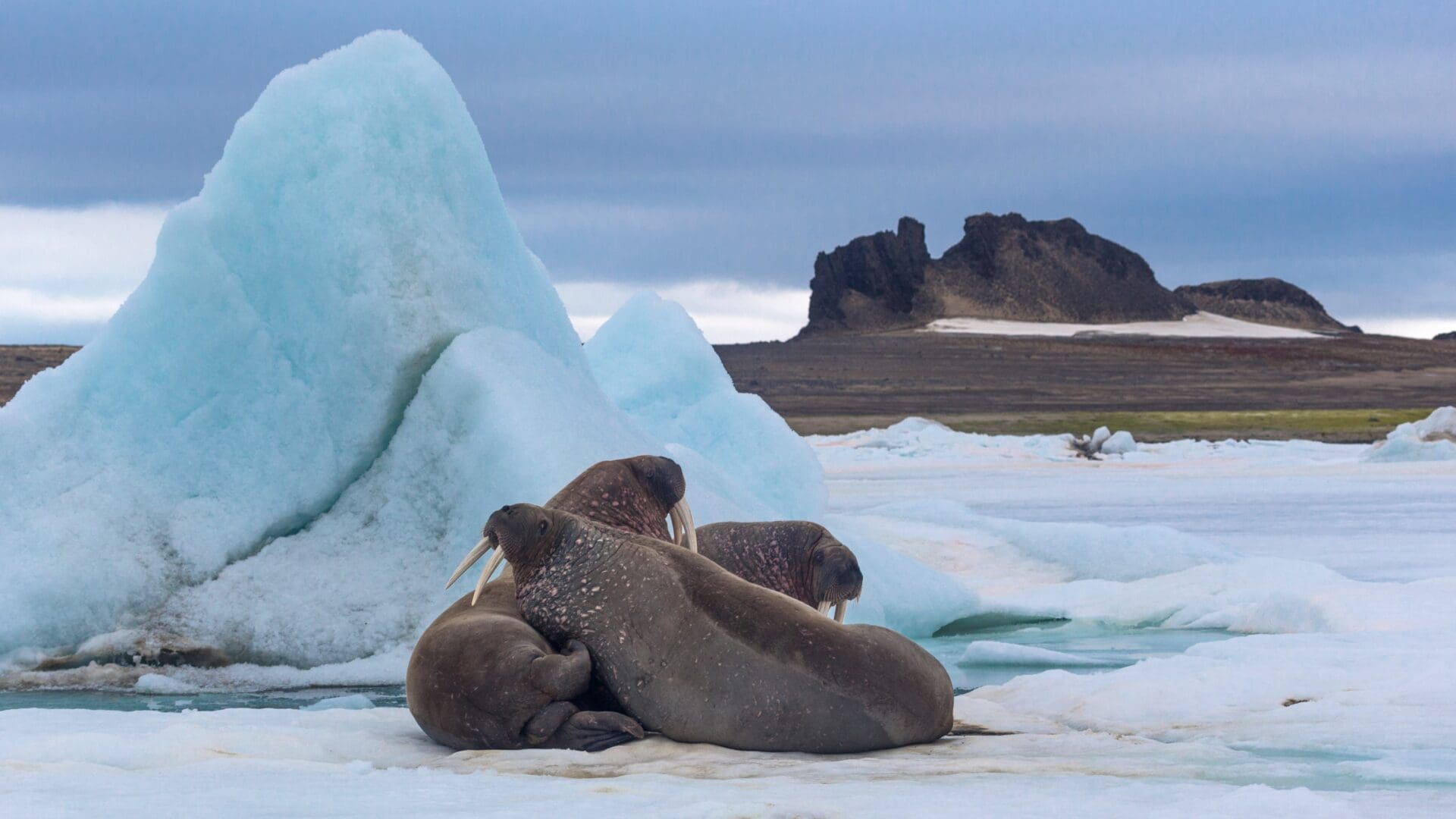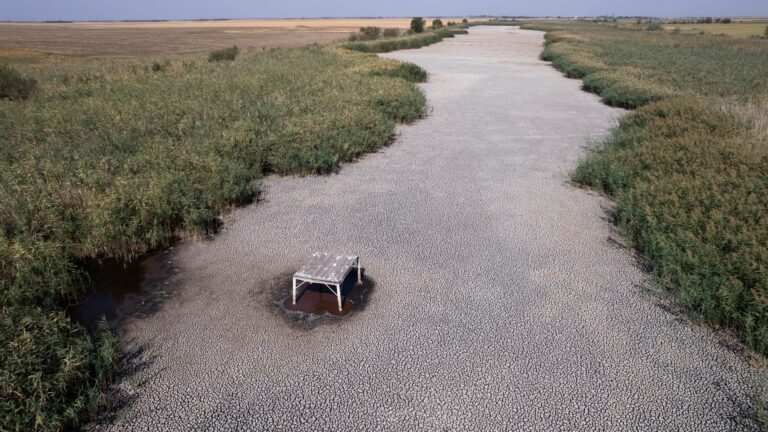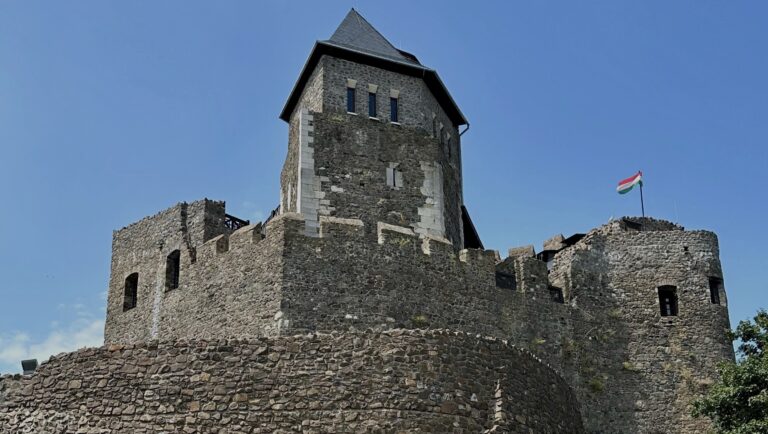Not all European empires engaged in colonialism in the traditional sense of the term. Russia, Poland, and Austria-Hungary are often considered distinct from their Western European counterparts in this regard. However, that is not to say that there were no attempts to establish overseas territories on the part of these countries.
Austria–Hungary’s attitude towards colonization was complex—in the Hungarian part of the empire, elites considered it to be more reasonable to focus on domestic affairs rather than unnecessary outward expansion, and therefore, opposed attempts to create colonies in other parts of the world. Due to the country’s heavy involvement in European politics, however, and the scramble for power dragged the empire into engaging in colonial attempts. Albeit the history of Austro–Hungarian colonialism is not as rich—and therefore, fortunately, not as bloody—as the ones of Western powers, it is nevertheless interesting to examine how a continental empire tried to participate in colonial expansion.
No Title
No Description
Colonization Attempts
Private escapades aside, such as Hungarian aristocrat Móric Benyovszky’s attempt in the 18th century to become the king of Madagascar (he was actually acting at the behest of rich Baltimore merchants), there are a number of examples for state-driven efforts that are worth mentioning. Austria, for instance, held some settlements in India, while it also tried to acquire the Nicobar Islands. All of these expansions, however, happened before the Austro–Hungarian compromise of 1867.
The first unique colonization endeavour—unique in a sense that it was not only an Austrian but an Austro–Hungarian undertaking—
involved an attempt to acquire Socotra, an island strategically positioned in the Gulf of Eden,
situated between the Arabian Peninsula and the Horn of Africa coastline. The British didn’t allow the expansion, however, and established a protectorate over the island. Today, it is administered by Yemen, while it is now known by many as ‘the most alien-looking place on Earth’ due to its ecosystem’s long history of isolation. Today, one can only speculate how Hungarian culture could have played out in this truly extra-terrestrial-looking environment.

By 1899, the once mighty Spanish Empire, which had at one point spanned over five continents, was in a state of decline. In the desperate realization that it could no longer maintain its colonies, Spain tried to sell Western Sahara to the Austro–Hungarian Monarchy. Importantly, it was the Hungarian elite of the monarchy that opposed this idea and impeded any advancement in the negotiations until the Spanish Empire withdrew its proposal. The primary arguments against such a purchase stemmed from the Hungarian belief that the Monarchy should prioritize domestic affairs and improvements at home instead of expanding to far-away lands.
Other colonization attempts included a short-lasting effort to establish a port in either the Indian Ocean, the Arabian Peninsula or in the aforementioned Horn of Africa. The idea was strongly supported by the Austro-Hungarian Colonial Society (Österreichisch-Ungarische Kolonialgesellschaft), a private enterprise of merchants and scientist who wanted to expand their activity to other parts of the globe.
In addition to the above-mentioned idea that was much to the Monarchy’s merchants’ taste, there were also short-lasting talks about seizing Morocco. All of these ideas went nowhere, as all of these endeavours were deemed extremely costly and unprofitable.
To its credit, the Monarchy ultimately showed prudence, and rational considerations prevailed.
The victory of fiscal conservatism prevailed partially due to the Hungarian opposition to any overseas colonial activity. Truth be told, financial worries over the colonial dreams of Austro–Hungary were shared and voiced all over the empire, and a large number of decision-makers showed no support to colonialism because of economic concerns.
Why didn’t Austria-Hungary have any overseas colonies? (Short Animated Documentary)
Shout-out to my Patron Joshua for coming up with the series name. Twitter: https://twitter.com/Tenminhistory Patreon: https://www.patreon.com/user?u=4973164 Merch: https://teespring.com/stores/history-matters-store-2 Special Thanks to the following Patrons for their support on Patreon: James Bisonette Richard Wolfe Franco La Bruna Kevin Sanders Daniel Lambert Chris Fatta Joshua Andrew Niedbala Mitchell Wildoer anon Cornel Danny Anstess Blaine Tillack Matthew Will Davis-Coleman Bernardo Santos William Foster Norman A.
Clearly, colonialism was perceived as potentially having economic value, and not an end goal in itself. In fact, some territories Austria–Hungary did attempt to colonize did have economic value. For example, the Austro–Hungarian fleet tried to reach the nickel-rich Solomon islands in the Pacific. Miklós Horthy himself took part in that expedition, and set foot on the shores of the Archipelago. However, the inhabitants of the islands acted with hostility, and repelled the expedition, killing some of its members.
Moderate Successes
Albeit none of the above-mentioned attempts were particularly fruitful, some do stand out as moderate successes. One of the most significant seafaring voyages of Austro–Hungarian explorers was a polar expedition, during which they, including Gyula Kepes, a Hungarian physician, discovered a land, later to be named the Franz Joseph Land, in 1887. Although not an act of colonial expansion per se, as the explorers had no means of establishing control over it,
the expedition members named some of the nearby islands after Hungarians, symbolically claiming them.
For instance, a cluster of islands within the archipelago was named after pro-Austria Count Ödön Zichy, who was the sponsor of the expedition. The islands—both the Zichy Cluster and the Franz Joseph Archipelago—have retained their name up to this day and they are now part of Archangelsk Oblast, Russia. The Soviet Union, completely unimpeded, seized the archipelago in 1924, as in the aftermath of the First World War, everyone simply forgot about any territorial claims of the Austro-Hungarian Monarchy on the frozen landmass in the middle of nowhere.
Possibly the only full-fledged Austro–Hungarian colony was Tianjin, a Chinese town located in the vicinity of Beijing. This ‘concession’, as it is traditionally referred to, came into being after the Eight-Nation Alliance, which the Monarchy was part of, crushed the Chinese Boxer Rebellion. It must be emphasized that not the entirety of the town was under the Monarchy’s control—its colony consisted of only a couple of streets. Crucially, however, the colony was internationally recognized as the Monarchy’s possession, and a regular ship was scheduled between Fiume (today Rijeka, Croatia), back then a Hungarian port, and Tianjin, every 3 weeks.

As the Dual Monarchy’s fleet and finances were not particularly formidable, all these colonial attempts would have been stillborn even if the empire had managed to impose jurisdiction over the above-described lands. Importantly, however, Austria–Hungary not only could not, but did not really want to engage in colonial activity in other parts of the world, as it believed that there was plenty of room for expansion in the Balkans.








